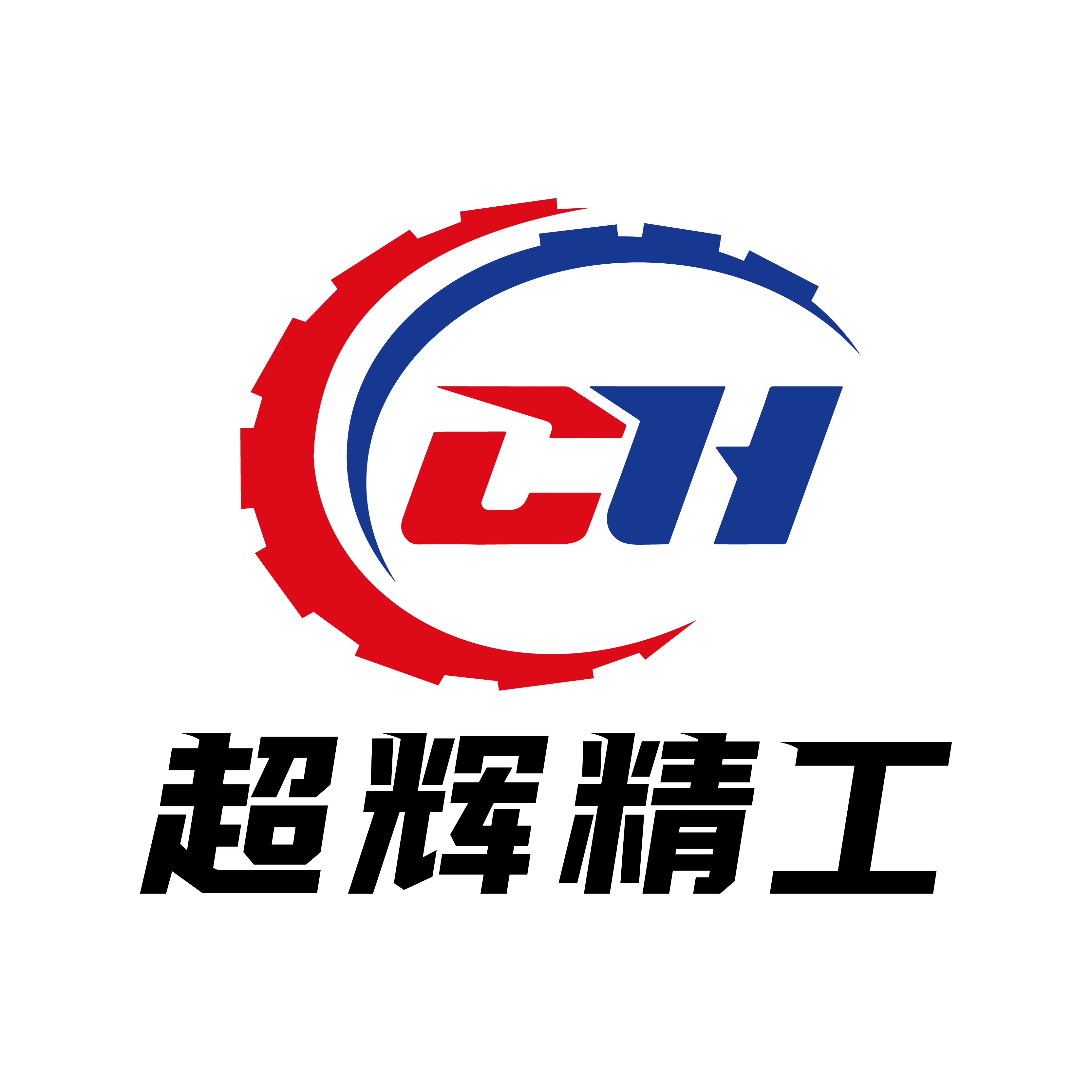In today's competitive manufacturing landscape, sourcing high-quality stamped sheet metal is crucial for ensuring the durability and functionality of end products. According to a report by Smithers Pira, the global market for metal stamping is projected to reach $200 billion by 2026, driven by technological advancements and increasing demand across various industries. However, navigating the complex web of import and export certifications can pose significant challenges for businesses. Understanding the necessary regulations and compliance standards is essential not only to avoid costly delays but also to guarantee that the stamped sheet metal meets stringent quality requirements. This blog will explore effective strategies for finding reputable suppliers and ensuring that your supply chain remains efficient and compliant amidst the evolving industry standards.

In today's global marketplace, import and export certifications play a crucial role in ensuring the seamless movement of stamped sheet metal across borders. For businesses involved in metal supply chains, understanding these certifications is vital for compliance with international trade regulations. Certificates such as the ISO 9001 and CE marking not only demonstrate product quality but also ensure that the metal products meet safety and environmental standards demanded by different regions.
The implications of these certifications extend beyond mere compliance; they can significantly impact a company's reputation and bottom line. Authentic and recognized certifications can boost consumer confidence and open doors to new markets. Conversely, failure to understand and acquire the appropriate certifications can lead to delays, increased costs, and even legal repercussions. Therefore, businesses must navigate the complexities of import and export certifications diligently, ensuring that their stamped sheet metal products not only adhere to necessary standards but also provide a competitive edge in the supply chain.

When it comes to sourcing stamped sheet metal, understanding the key certifications required for compliance is crucial. Various industries mandate specific certifications that ensure the materials meet safety and quality standards. The most common certifications include ISO 9001, which focuses on quality management systems, and TS 16949 for the automotive sector. Being aware of these certifications can significantly impact the reliability of your supply chain and enhance product quality, ultimately leading to higher customer satisfaction.
Navigating trade regulations is crucial for businesses involved in the import and export of stamped sheet metal. Regulatory landscapes can vary significantly across regions, and non-compliance can lead to costly delays and penalties. According to the International Trade Administration, the U.S. metal stamping industry amounted to approximately $36 billion in 2020, showcasing the significant market share at stake. Companies must remain vigilant, leveraging resources like the Harmonized Tariff Schedule (HTS) and keeping up-to-date with the latest trade agreements to ensure that their products meet all import/export compliance standards.
One of the key challenges in the process is obtaining the proper certifications, which can often be convoluted. For instance, the World Trade Organization reports that tariffs on metal products can range from 0% to 25%, depending on the country of origin and the materials used. Properly documenting the origin of materials and possessing required certifications, such as ISO 9001 for quality management systems, can expedite customs processes and minimize inspection times. Firms that prioritize these certifications not only enhance their competitive edge but also foster stronger relationships with international suppliers and customers.
When it comes to stamped sheet metal products, quality standards play an indispensable role in ensuring that these items meet both customer expectations and regulatory requirements. Adhering to established quality certifications, such as ISO 9001 or AS9100, not only helps manufacturers streamline their production processes but also enhances the reliability and performance of their products. These standards provide a framework for consistent quality control and continuous improvement, fostering trust among suppliers and consumers alike.

Moreover, stringent quality standards contribute to the overall safety and effectiveness of stamped sheet metal applications across various industries, from automotive to aerospace. By maintaining high standards, manufacturers can reduce the risk of defects, which in turn minimizes waste and lowers costs. Ultimately, the implementation of robust quality measures in the production of stamped sheet metal not only drives operational excellence but also positions companies as leaders in their field, capable of meeting the dynamic demands of a competitive market.
In today’s global market, compliance with import and export certifications is not just a regulatory requirement; it's a crucial element that can significantly impact financial performance. Businesses may underestimate the cost of non-compliance, which can lead to hefty fines, shipment delays, and tarnished reputations. This is especially pertinent in industries like stamped sheet metal, where precision and reliability are paramount. Failing to adhere to international standards can result in disruptions that not only impact delivery times but also escalate operational costs.
Data-driven insights reveal that non-compliance can multiply costs beyond immediate penalties. For example, if a shipment of stamped sheet metal is flagged due to missing certifications, the associated costs can include re-inspection, loss of sales, and potential damages due to project delays. Companies that proactively invest in compliance measures often find that the upfront costs are far lower than the long-term implications of neglect. Leveraging analytical tools to understand and address compliance risks allows companies to enhance their supply chain efficiency and mitigate financial exposure. By prioritizing adherence to import and export regulations, businesses can secure their position in the market while safeguarding their bottom line.
| Certification Type | Compliance Cost ($) | Non-Compliance Cost ($) | Time to Certify (Days) | Impact on Supply Chain (1-5) |
|---|---|---|---|---|
| ISO 9001 | 1,500 | 15,000 | 30 | 4 |
| CE Marking | 2,000 | 20,000 | 45 | 5 |
| SMA Certification | 1,000 | 10,000 | 20 | 3 |
| RoHS Compliance | 800 | 8,000 | 15 | 3 |
| UL Certification | 1,200 | 12,000 | 25 | 4 |
